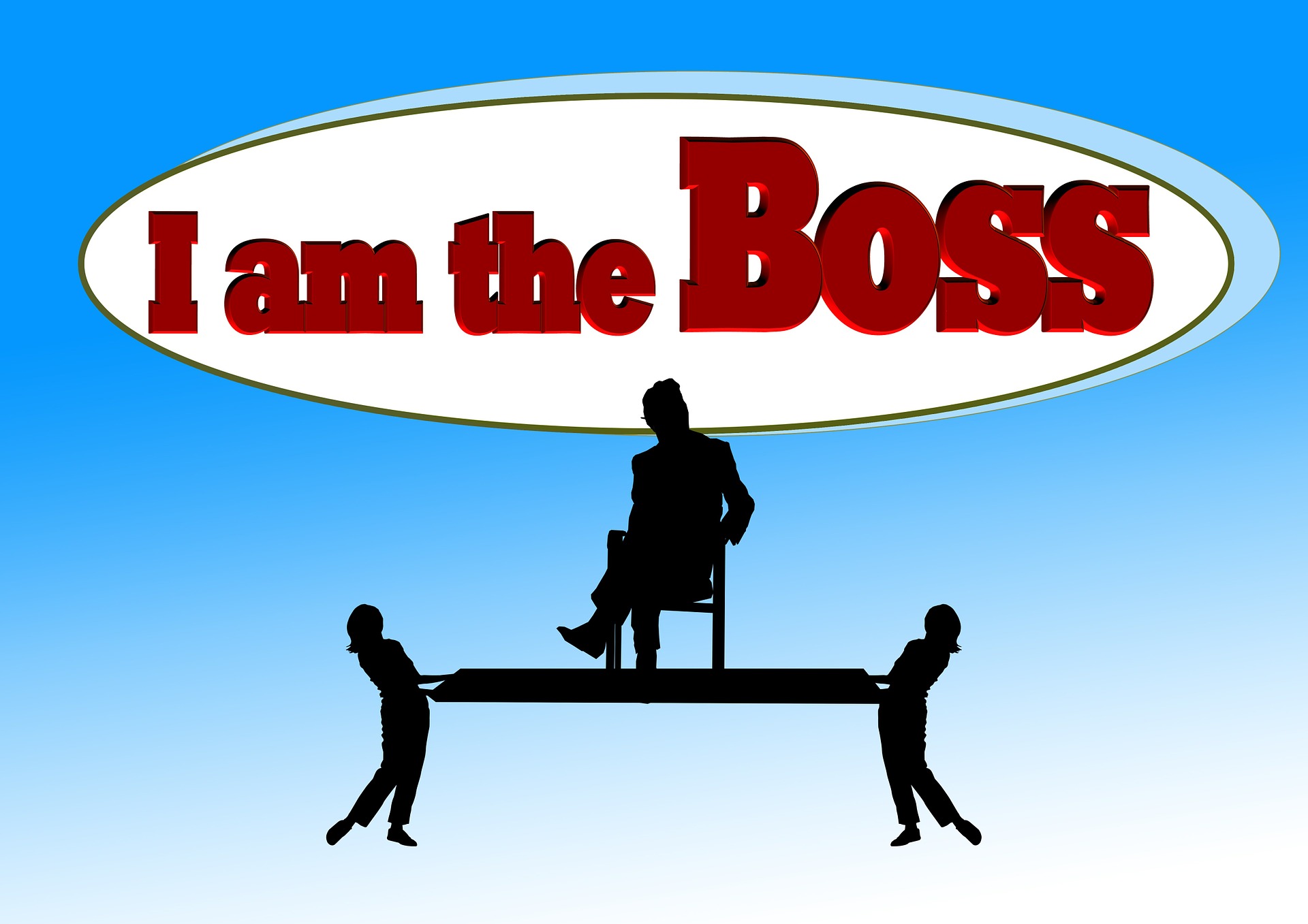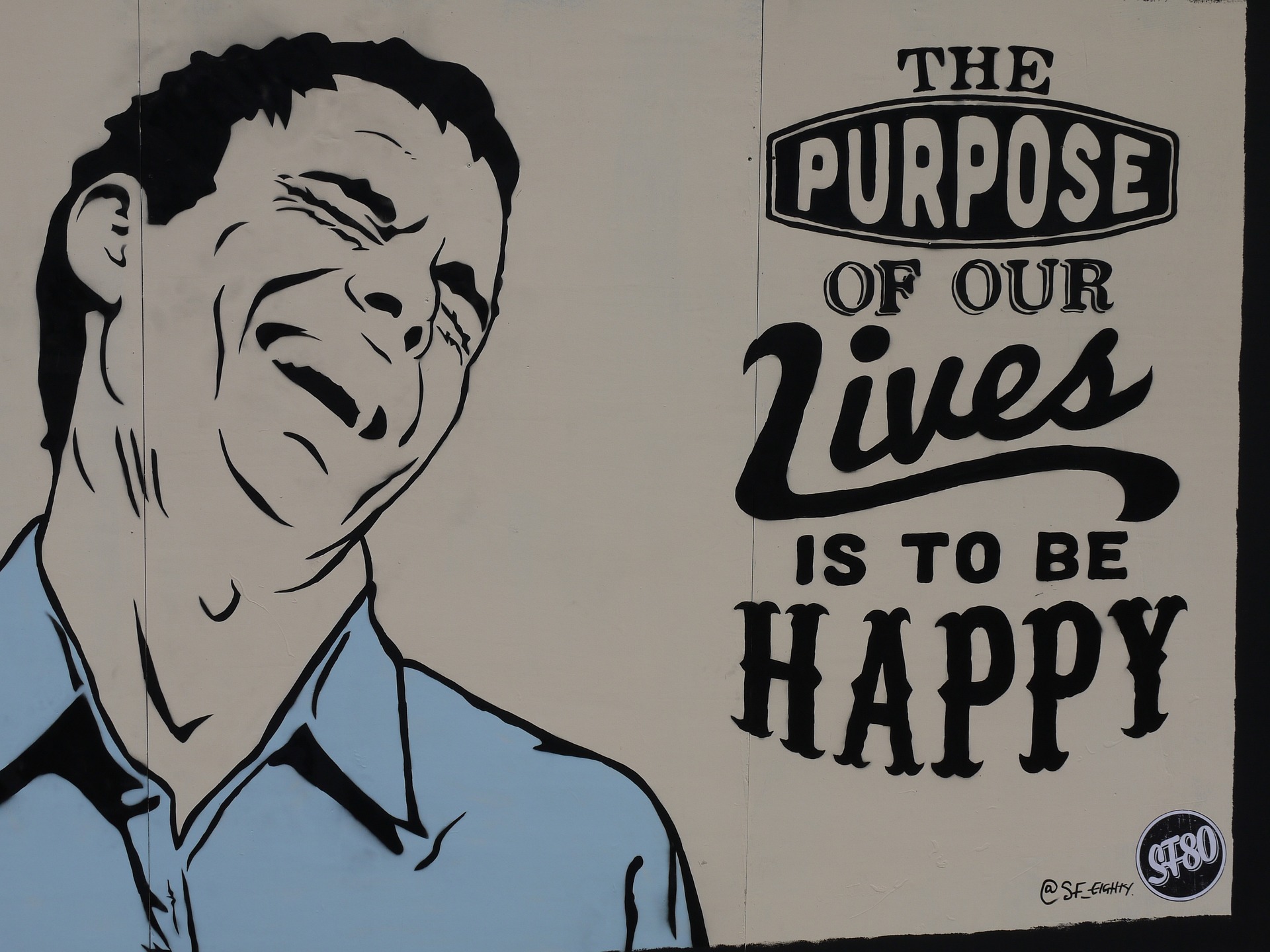
HAVEN’T HAD A JOB INTERVIEW FOR A LONG TIME AND FEEL LOST?
Haven’t had a job interview for a long time and feel lost? Read our top tips to get back in the game and how they’ve changed in recent years
- Many may enter job interview having not had one for years
- Lack of preparation and coming across as idle are common mistakes
- Job interview questions are ‘more intelligent’ than they have been in the past
You may not have had a job interview for a long while. Maybe you were with your last employer for decades, are switching careers or returning to work after a spell out for whatever reason.
The thought of being grilled on your CV, expertise, work history and everything else in between may fill you with utter dread and perhaps your confidence is shot.
But don’t fret – every day, hundreds of others are in a similar boat and the tips outlined below will help you get through it. Remember, if it is not a success the first time around, an interview is a useful experience – both as practice and to learn from your mistakes for next time.
Jobs guru James Innes, who offers CV services and has written a number of books on all aspects of the employment search, says it is a topic he deals with frequently. In the latest in our interview cheat sheet series, James gives advice on how to prepare, what to expect, common mistakes and how to make yourself more attractive to employers.
PREPARATION COMBATS NERVES
James says: If you haven’t had a job interview in a long time then preparation is definitely the key – and for so many different reasons.
Preparation is vital in order for you to perform at your best. The sheer fact of putting in the time and effort to prepare is, in my opinion, the very best way to counteract interview nerves and any lack of self-confidence. The more prepared you are, the more prepared you feel, the less you will have to be nervous about. The more you know about the company and potential role, the better.
I can tell you from experience that nerves and lack of self-confidence are by far the biggest problems that interview candidates have – especially those who have not had an interview for quite some time.
INTERVIEW TECHNIQUES HAVE MOVED ON
Interview techniques and questions have moved on; On the whole – and it varies from interviewer to interviewer – techniques have improved and questions are more ‘intelligent’ than they used to be in the past, when an interview often didn’t consist of much more than talking one’s way through one’s CV.
Not every interviewer (thankfully) will ask you the Googlesque questions like, ‘How do you fit a giraffe in a fridge’ but you can expect interview questions to be generally much more probing.
They will be looking for concrete, real-life examples, for quantification of achievements and much more likely to really drill down into the competencies required for the role. This really isn’t as scary as it sounds, though, as before, preparation is the key.
BE ENTHUSIASTIC
If we set aside lack of research and preparation and other common interview mistakes such as being late – which is far more common than you might think – the main problem I see with people is that they are out of practice.
Don’t show yourself up as being out of practice and try to sell yourself effectively. Don’t give boring, monosyllabic answers without any depth or any interest, and unsupported by any real-life examples and try to show enthusiasm.
Enthusiasm in an interview is essential – just don’t overdo it. If you are enthusiastic about getting the job then the recruiter is likely to be more inclined to believe that you will be enthusiastic in doing the job.
DON’T LOOK IDLE
An important thing is not to let it look like you’ve just been idle. If you’re ever out of work then it’s important to make yourself as busy as possible under the circumstances. Whether it’s undertaking further training or volunteering for local community work or even learning a new language, it’ll all count very much in your favour.
Recruiters can understand that people sometimes – for a variety of reasons – take time out from their career. What they can’t understand – or at least will certainly frown upon – is when people have just largely sat on their backsides doing nothing during a period of unemployment.
For example, free courses will help convince a potential employer that you have drive as well as the ability to learn different skills.
OTHER TOP TIPS
According to website Total Jobs, the most important thing to boost your chances after a long spell out of work is to update your skills.
If you do have a gap on your CV, it is good to be upfront with the employer as to the reason why.
Total Jobs also says it is worth considering un-glamorous sectors and to get back into the working habit, whether it is voluntary work – and one of the most essential skills for get back into work is the discipline of setting an alarm clock.
Another idea is to potentially get a mentor, which can look good on your CV.






